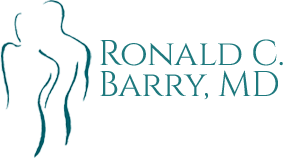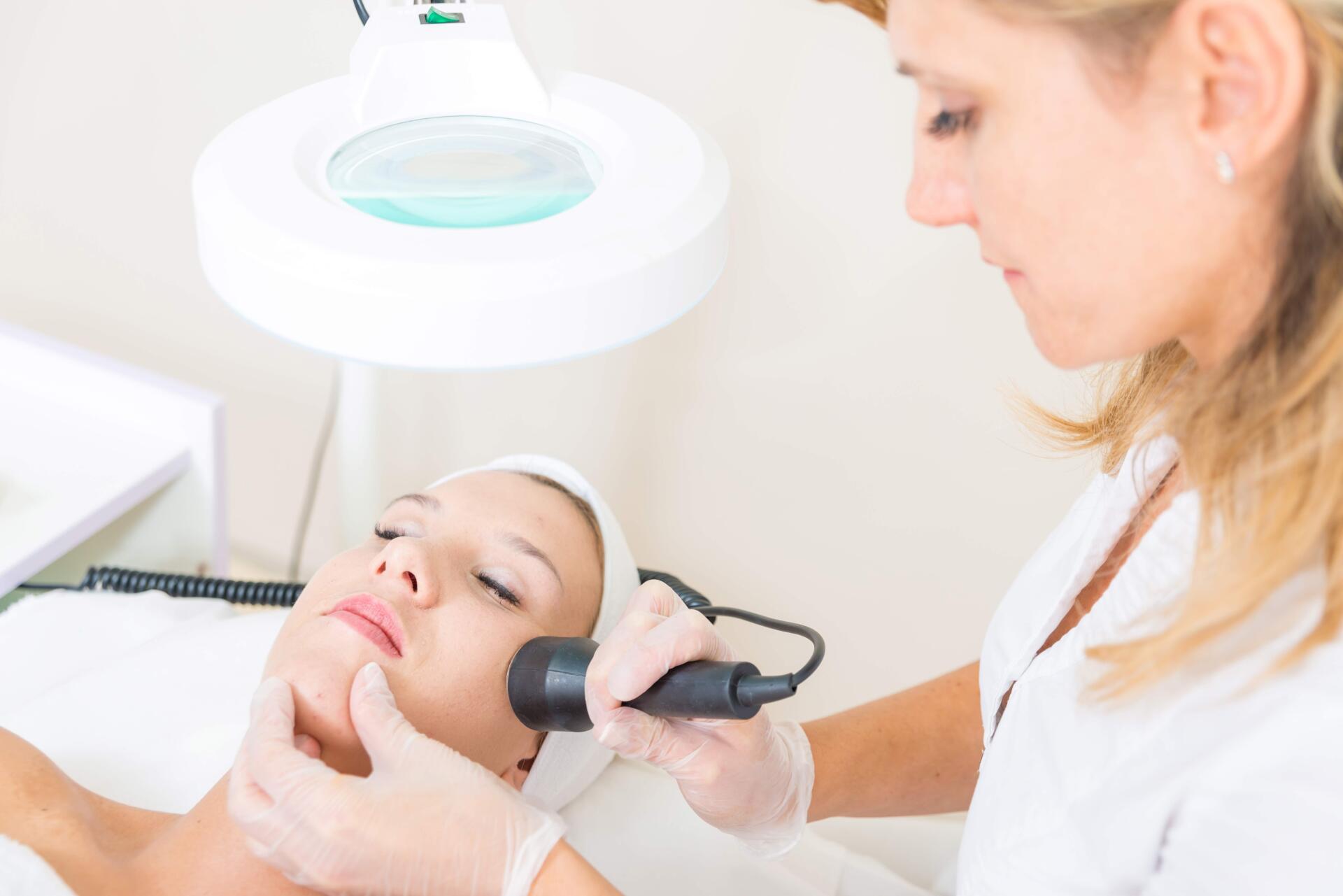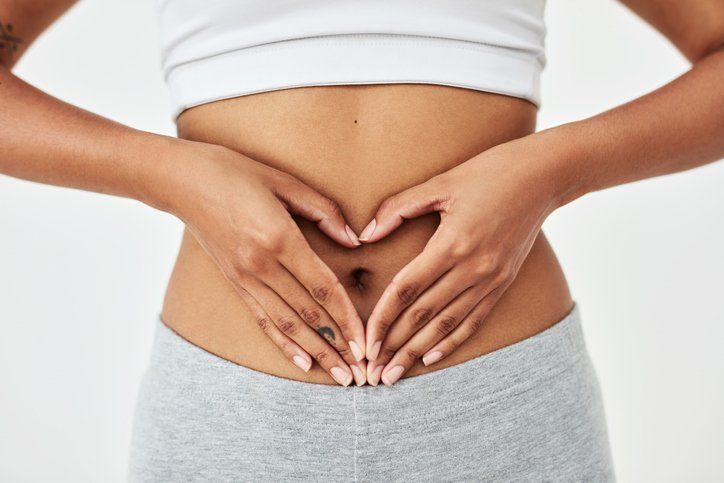Things to Avoid After Your Breast Augmentation Surgery
Admin • March 20, 2019
Breast augmentation, or mammoplasty, is a surgical procedure to augment, or increase, your breast size. If you are considering breast augmentation surgery, take care of yourself during your recovery period to reduce your risk of complications.
In addition to increasing breast size, an augmentation can help correct asymmetry and drooping, and enhance breast contour. Here are three things to avoid after your breast augmentation.
A Diet Low in Vitamin C and Protein
A diet low in vitamin C and protein can raise your risk for post-operative complications. Eat more vitamin C and protein-rich foods to help promote healing after your breast augmentation. Vitamin C is essential for optimal collagen formation and reducing infection risk, while protein helps enhance wound healing.
Consuming citrus fruits and green vegetables such as broccoli, kale, and spinach, as well as lean sources of protein such as fish, turkey, chicken, and legumes helps ensure that you meet your recommended daily allowances for vitamin C and protein so that you heal quickly.
If you are unable to consume a diet rich in these nutrients because of digestive issues or otherwise, talk to your surgeon about recommending dietary supplements that will help you get the nutrients you need to promote healing after your surgery.
Aspirin
Unless your physician has recommended that you take a daily aspirin to reduce your risk for heart attack, blood clots, or stroke, avoid taking it while you recover from your breast augmentation.
Aspirin decreases platelet aggregation, which can cause abnormal or prolonged bleeding during and after your procedure.
If you take aspirin after your breast surgery, excessive blood may seep through your incisions and you may be unable to stop the flow In fact, unless you take aspirin for your heart, your surgeon may recommend that you stop taking it a week or so prior to your augmentation to prevent a severe bleeding event during your surgery. Other reasons to avoid aspirin after your augmentation include:
- Nausea
- Potential interaction with prescription pain medication
- Anemia
If your doctor recommended that you take a daily aspirin for your heart, get medical clearance before stopping it prior to your surgery. Stopping prescribed aspirin therapy without getting approval from your doctor may raise your risk for a cardiovascular event.
Smoking
Cigarette smoking impairs circulation and slows healing. It can damage the capillaries near your surgical wounds, so that optimal blood flow is impeded. Your breast surgeon may recommend that you quit smoking prior to your augmentation to help make sure that your body has cleared toxins related to nicotine, and so that you will better tolerate the effects of general anesthesia.
If you smoke, you may be at a higher risk for developing pneumonia and wound infections after your breast surgery. If you are unable to quit smoking on your own, talk to your doctor before your augmentation, who will recommend effective smoking cessation treatments.
If you are able to quit smoking for your breast augmentation, chances are you will be able to quit for good. This way, you will better enjoy the aesthetic effects of your breast surgery, while gaining improved overall health.
Heavy Lifting
While you may not be able to comfortably lift anything heavy during the first week of your breast augmentation recovery, do not attempt to, even if you feel that you can handle it. Your surgeon may recommend that you avoid heavy lifting for a month or two after your surgery.
Not only will heavy lifting cause discomfort, it may also raise your risk for implant displacement and wound evisceration. While lifting something heavy only once in the early stages of your recovery may not lead to severe complications, regularly lifting heavy objects, may require the need for revision surgery.
If you are considering breast augmentation or other cosmetic procedures, contact the office of Ronald C. Barry
, MD, today to learn how we can help you achieve your plastic surgery goals.
Botox comes from botulinum toxin A and blocks nerves that control muscle contraction. See what you need to know about Botox injections.
You should take steps to prepare for plastic surgery to ensure your procedure goes smoothly. Read on to discover how to prepare for cosmetic surgery.
Cosmetic plastic surgery is a sensitive procedure that needs expertise. See the following tips if you intend to look for a cosmetic plastic surgeon.
Several myths surround a tummy tuck, which can deter some individuals from trying it. Discover some common myths about tummy tucks.
If your large breasts have caused you pain, you may be considering breast reduction surgery. Read this blog to learn how such a procedure can help.
The recovery process after a surgery can be painful and uncomfortable. However, this doesn't have to be the case. Learn tips to ease the recovery process.
Are you wondering if you should go for liposuction to improve your health and appearance? See some of the benefits this cosmetic surgical procedure offers.





